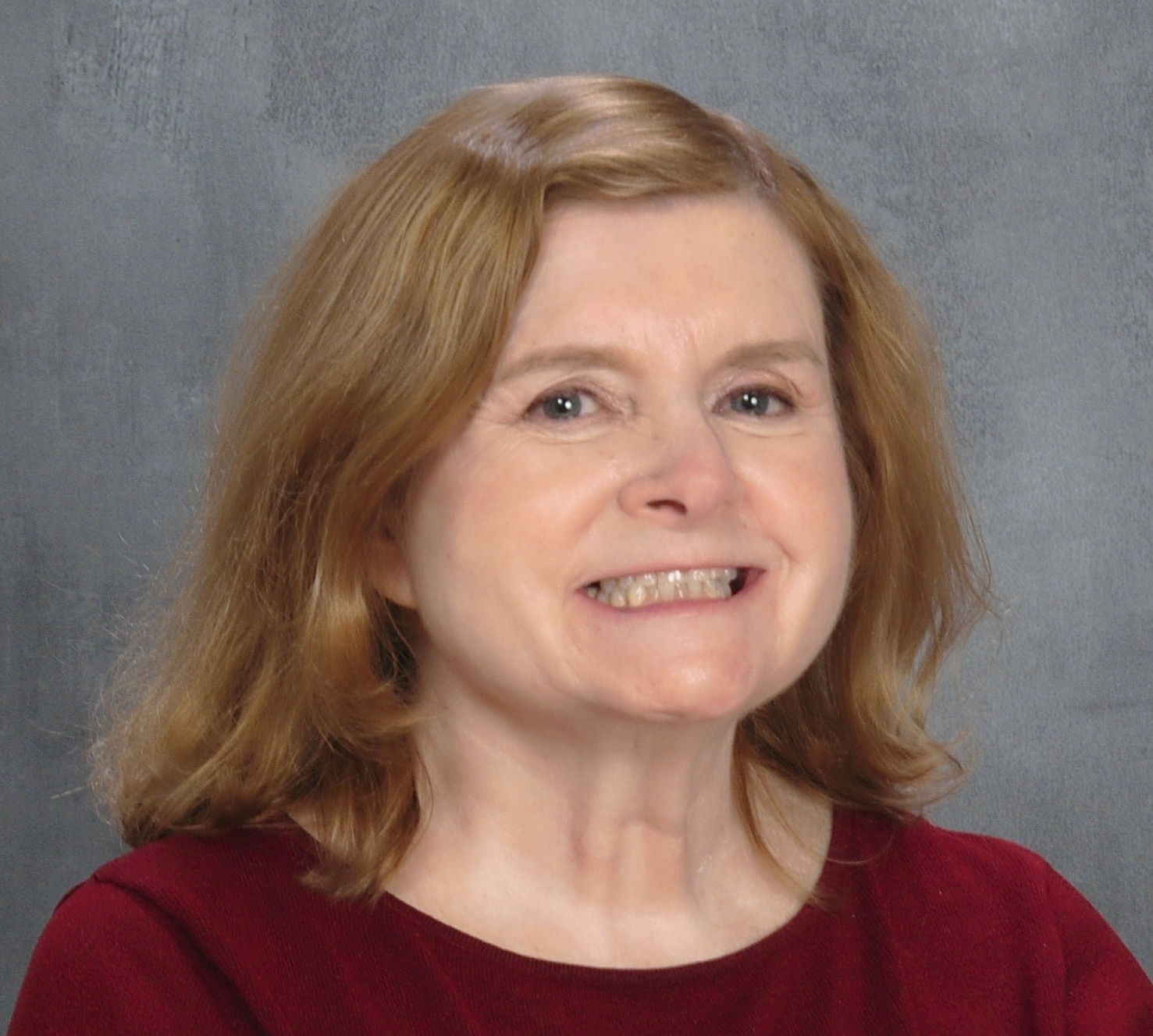Notable Alums

Specialty: Anatomy and Cell Biology
Graduation Year: 1981
Jean Peduzzi Nelson
Jean Peduzzi Nelson, Ph.D., an associate professor of Ophthalmology, Visual and Anatomical Sciences at the Wayne State University School of Medicine, teaches the Central Nervous System and Gross Anatomy to Year 1 medical students.
Her dedication to education was recognized with the WSU Presidential Award for Teaching and the Wayne State University School of Medicine Teaching Award.
She is a facilitator for the First Patient Course and Problem-Based Learning, and is deeply involved in improving the medical school curriculum as a member of the Social Justice Curriculum, Course Director, Pre-clerkship Education, Integration, and Instruction and Assessment committees. She has been active in the Admissions Committee, the Liaison Committee for Medical Education Review, the Animal Investigation Committee, the Segment 1 Review Committee, the Accreditation Council for Graduate Medical Education, the Departmental Review Committee, and the Problem-Based Learning and Team-Based Learning Implementation Committee.
Dr. Peduzzi Nelson’s commitment to education extends beyond medical students. She gave a platform presentation on her educational study at the International Association of Medical Science Educators and a poster on innovative teaching methods at the National Neurotrauma meeting. She has given several presentations at César Chávez Academy High School and is mentors a high school student as part of the Biomedical Career Advancement Program. Since 2013, she has designed and led the Brain Blast activity, one of the most popular modules at WSU’s annual Future Docs event. Brain Blast allows hundreds of elementary and middle school students to make brain hats, Play-Doh brains, and pipe-cleaner and bead models of neurons, and conduct an egg drop to stress the importance of wearing helmets while bicycling or skateboarding. She mentors two Year 4 medical students on research rotations.
Her research and clinical studies focus on treatments for spinal cord and traumatic brain injuries using autologous nasal stem cells, rehabilitation and environmental enrichment. She led a clinical trial on the effects of exercise with or without enriched environment in people with chronic traumatic brain injury. She has presented her research findings to several U.S. Senate subcommittees, and given talks in Italy, Greece and Portugal.
Dr. Peduzzi Nelson, in collaboration with Harini Sundararaghavan, Ph.D., associate professor of WSU Biomedical Engineering, and Asad Mazhari, M.D., assistant professor of Neurosurgery, developed an artificial spinal cord with impressive functional improvement in rats with spinal cord injury. Her translational research involves evaluating the effects of intranasally-delivered stem cells on visual deficits occurring with brain injury.
She is a member of the International Association of Medical Science Educators, the National Neurotrauma Society and Women in Neurotrauma Research, and mentors medical, graduate and undergraduate students, several of whom have won research awards.
Her dedication to education was recognized with the WSU Presidential Award for Teaching and the Wayne State University School of Medicine Teaching Award.
She is a facilitator for the First Patient Course and Problem-Based Learning, and is deeply involved in improving the medical school curriculum as a member of the Social Justice Curriculum, Course Director, Pre-clerkship Education, Integration, and Instruction and Assessment committees. She has been active in the Admissions Committee, the Liaison Committee for Medical Education Review, the Animal Investigation Committee, the Segment 1 Review Committee, the Accreditation Council for Graduate Medical Education, the Departmental Review Committee, and the Problem-Based Learning and Team-Based Learning Implementation Committee.
Dr. Peduzzi Nelson’s commitment to education extends beyond medical students. She gave a platform presentation on her educational study at the International Association of Medical Science Educators and a poster on innovative teaching methods at the National Neurotrauma meeting. She has given several presentations at César Chávez Academy High School and is mentors a high school student as part of the Biomedical Career Advancement Program. Since 2013, she has designed and led the Brain Blast activity, one of the most popular modules at WSU’s annual Future Docs event. Brain Blast allows hundreds of elementary and middle school students to make brain hats, Play-Doh brains, and pipe-cleaner and bead models of neurons, and conduct an egg drop to stress the importance of wearing helmets while bicycling or skateboarding. She mentors two Year 4 medical students on research rotations.
Her research and clinical studies focus on treatments for spinal cord and traumatic brain injuries using autologous nasal stem cells, rehabilitation and environmental enrichment. She led a clinical trial on the effects of exercise with or without enriched environment in people with chronic traumatic brain injury. She has presented her research findings to several U.S. Senate subcommittees, and given talks in Italy, Greece and Portugal.
Dr. Peduzzi Nelson, in collaboration with Harini Sundararaghavan, Ph.D., associate professor of WSU Biomedical Engineering, and Asad Mazhari, M.D., assistant professor of Neurosurgery, developed an artificial spinal cord with impressive functional improvement in rats with spinal cord injury. Her translational research involves evaluating the effects of intranasally-delivered stem cells on visual deficits occurring with brain injury.
She is a member of the International Association of Medical Science Educators, the National Neurotrauma Society and Women in Neurotrauma Research, and mentors medical, graduate and undergraduate students, several of whom have won research awards.